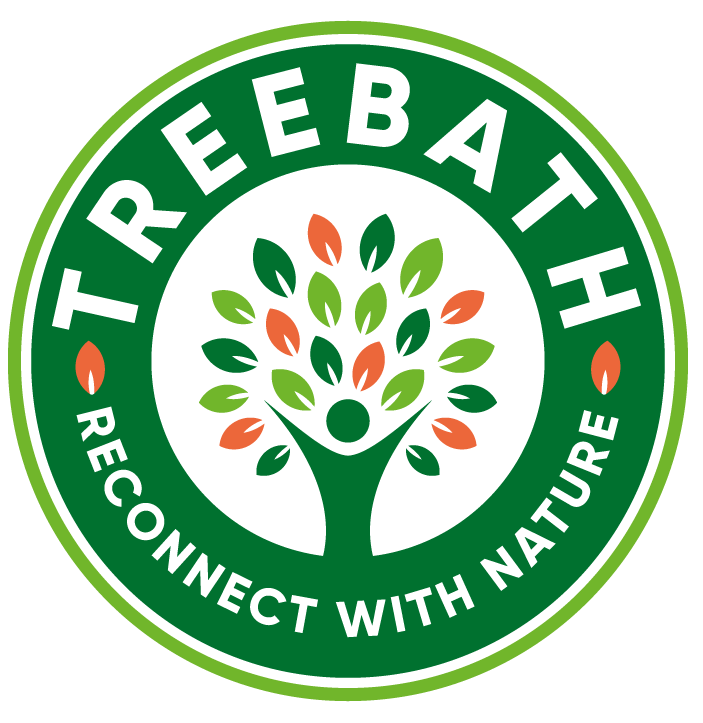10 Great Reasons Why You Should be Outdoors
10 Great Reasons Why You Should Spend Time Outdoors
Whether it is in organized form or not, spending time outdoors is essential to our health. This list gives you some of the benefits associated with time spent outside and reconnecting with nature.
1. Improved concentration
We know the natural environment is "restorative," and one thing that a walk outside can restore is your waning attention. In one early study, researchers worked to deplete participants' ability to focus. Then some took a walk in nature, some took a walk through the city, and the rest just relaxed. When they returned, the nature group scored the best on a proofreading task. Other studies have found similar results — even seeing a natural scene through a window can help. The attentional effect of nature is so strong it might help kids with ADHD, who have been found to concentrate better after just 20 minutes in a park. "'Doses of nature' might serve as a safe, inexpensive, widely accessible new tool ... for managing ADHD symptoms," researchers wrote.
2. Improved mental health
Anxiety, depression, and other mental health issues may all be eased by some time in the great outdoors — especially when that's combined with exercise. This is to be expected, as both greenery and exercise are known to reduce stress and lower your cortisol levels.
3. Immune system boost
The cellular activity that is associated with a forest's possible anti-cancer effects is also indicative of a general boost to the immune system you rely on to fight off less serious ills, like colds, flus, and other infections. A 2010 review of research related to this effect noted that "all of these findings strongly suggest that forest environments have beneficial effects on human immune function," but acknowledged that more research on the relationship is needed.
4. Stress relief
Tensed and stressed? Head for the trees. One study found that students sent into the forest for two nights had lower levels of cortisol — a hormone often used as a marker for stress — than those who spent that time in the city. In another study, researchers found a decrease in both heart rate and levels of cortisol in subjects in the forest when compared to those in the city. "Stressful states can be relieved by forest therapy," they concluded.
5. Sharper thinking and creativity
"Imagine a therapy that had no known side effects, was readily available, and could improve your cognitive functioning at zero cost." That's the dramatic opening to a 2008 paper describing the promise of so-called "nature therapy" — or, as a non-academic might call it, "time outside."
6. Restored mental energy
You know that feeling where your brain seems to be sputtering to a halt? Researchers call that "mental fatigue." One thing that can help get your mind back into gear is exposing it to restorative environments, which, research has found, generally means the great outdoors. One study found that people's mental energy bounced back even when they just looked at pictures of nature. (Pictures of city scenes had no such effect.)
7. It will help you sleep
How well you sleep has a lot to do with hormones like melatonin and your own natural circadian rhythm. Both of these are affected by your exposure to light—sunlight, most of all. If you’re spending too much time indoors, you’re isolated from the source of your body’s natural rhythms, and your sleep cycle is likely to suffer.
8. Healing potential
There’s something inherently healing about spending time outdoors. Part of it has to do with exposure to natural light. One study found people exposed to 46 percent more sunlight after surgery used 22 percent less pain medication per hour.
9. Because You'll Age More Gracefully
Studies published in the Journal of Aging and Health showed that spending time outdoors every day can help older people function better in their lives. Participants in the study who were over 70 years old complained less of aching bones and sleep problems during the studies and commented on increased mobility. Other research showed that gardening outside or taking part in group-oriented hobbies can help dementia and stroke patients improve their social skills and confidence.
10. Because your mama says so
Enough said.
Treebath offers Forest Therapy programs in New York City in Central Park, The Battery, Battery Park, and the Hudson River Park.

